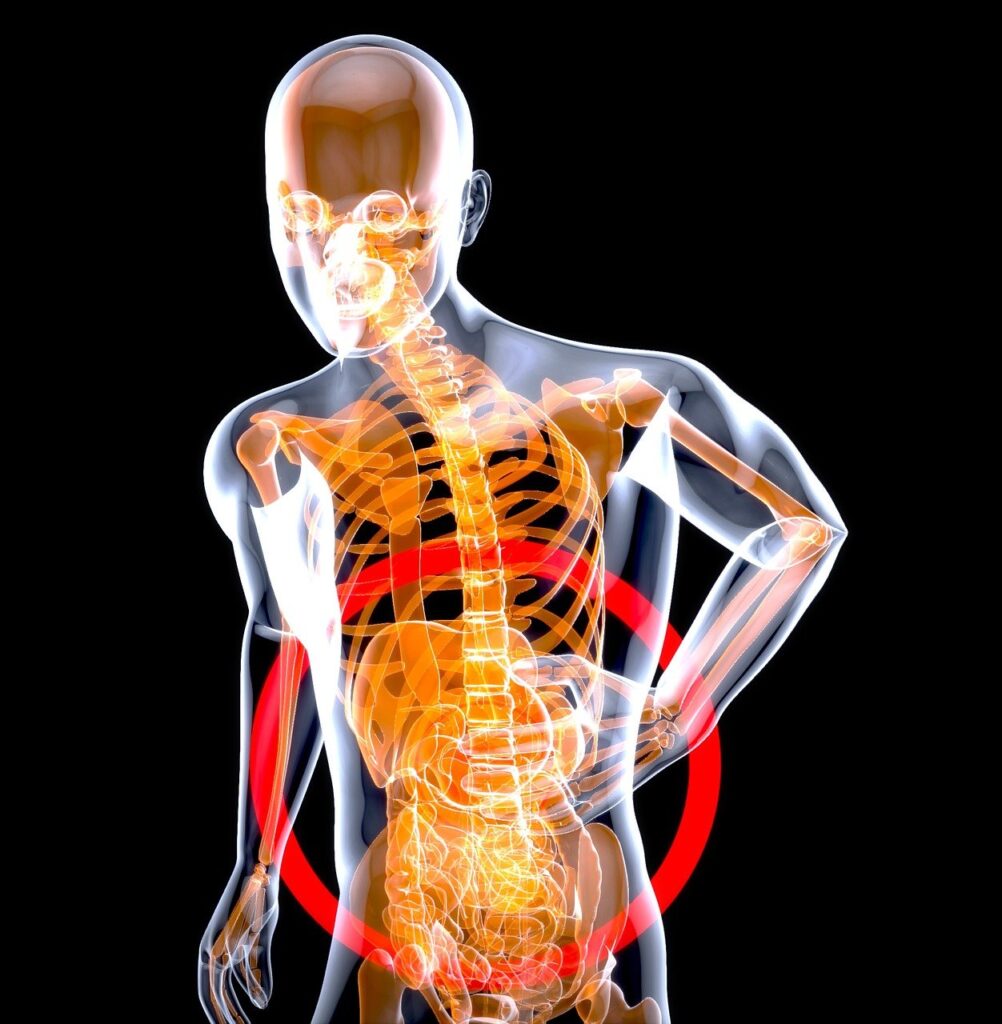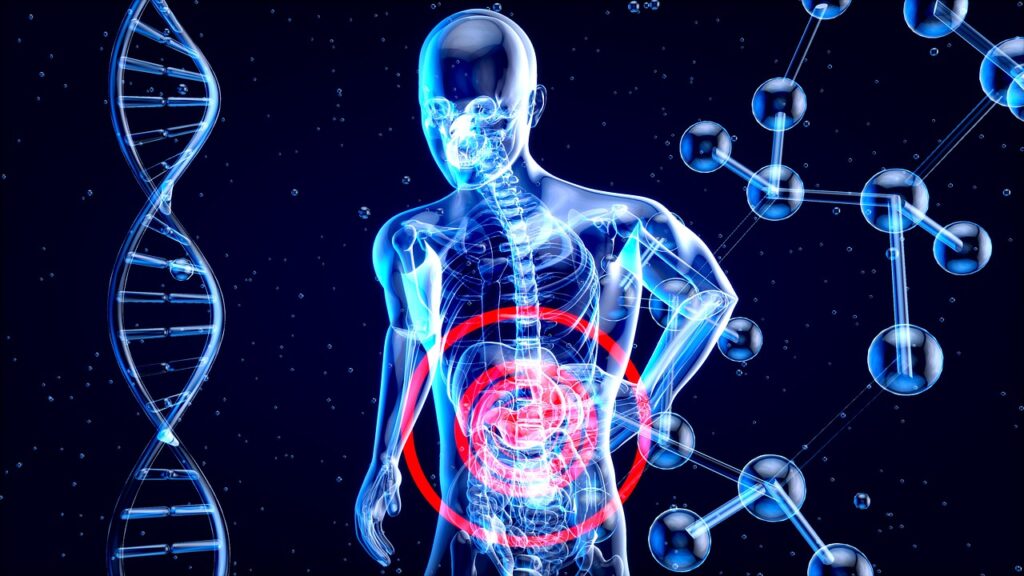In the article titled “The Gut Microbiome: Its Connection to Human Health and Well-being,” Dr. Emeran Mayer and Sadhguru explore the fascinating world of the gut microbiome and its impact on our overall health. They discuss the importance of consuming foods that support our well-being and enhance our perception. The conversation is part of the Science and Spirituality series hosted by the Sadhguru Center for a Conscious Planet, featuring Sadhguru, a renowned yogi, mystic, bestselling author, and one of India’s most influential individuals. They delve into the intricate relationship between our gut and the trillions of organisms living inside us, highlighting the significant role that microbes play in maintaining our mental and physical well-being. Additionally, they touch upon the potential connection between the gut microbiome and neurological disorders such as Alzheimer’s and Parkinson’s, shedding light on ongoing research in this field. The article also emphasizes the importance of incorporating fermented foods into our diet and treating our food with love and reverence to positively impact our overall health and well-being.

The Gut Microbiome and its Importance
Trillions of organisms reside within us, forming what is known as the gut microbiome. These microbes play a crucial role in our overall well-being, both mentally and physically. The gut microbiome is responsible for various functions, including aiding in digestion, producing essential nutrients, and even affecting our mood and behavior. It is an intricate ecosystem that requires balance and diversity to maintain optimal health.
One of the key aspects of the gut microbiome is its connection to the environment. Our bodies have a profound link to the soil and plants through the microbes that inhabit our gut. These microbes act as translators, communicating between the world outside and our internal systems. They enable the exchange of information and nutrients, playing a vital role in our overall health.
Furthermore, recent research has uncovered a potential link between the gut microbiome and brain disorders. Studies have indicated that imbalances in the gut microbiome may be associated with conditions such as Parkinson’s disease. This suggests that the gut-brain connection is much more complex than previously thought and that the gut microbiome may have a significant influence on neurological health.
Connections between the Gut, Microbes, and the Environment
The connection between the gut microbiome and the environment is multifaceted. Trillions of organisms, including bacteria, viruses, and fungi, exist within our bodies and act as a bridge between us and the external world. These microbes have the ability to communicate with their surroundings, transmitting vital information and nutrients.
The gut microbiome has been found to have a direct impact on brain health and disorders. Research has shown that alterations in the gut microbiome are associated with conditions such as Parkinson’s disease. Gastrologists are now considering the connection between the gut and Parkinson’s disease, particularly when patients present with constipation, which is often an early symptom of the condition. This growing understanding of the gut-brain axis opens up new possibilities for clinical interventions and treatments.
Clinical trials exploring dietary interventions, such as plant-based diets like the Mediterranean, MIND, and DASH diets, are underway to determine their potential benefits for Parkinson’s patients. These diets focus on nutrient-rich foods, including fruits, vegetables, whole grains, and lean proteins. The aim is to provide the gut microbiome with the necessary resources to promote overall health and potentially slow the progression of neurological diseases.

Understanding the Gut-Microbiome-Brain Axis
The gut-microbiome-brain axis is a complex and evolving area of research. Scientists are still working to understand the intricacies of this relationship and its implications for neurological health. Ongoing studies are shedding light on the potential of the gut as a window into various brain disorders, including Parkinson’s disease.
Gastrologists, neurologists, and other medical professionals are beginning to recognize the connection between the gut and Parkinson’s disease. A positive family history of Parkinson’s, coupled with symptoms such as constipation, may prompt healthcare providers to consider the possibility of gut-related factors contributing to the disease. By exploring this relationship further, researchers hope to develop targeted interventions and therapies for Parkinson’s patients.
Clinical trials focusing on dietary interventions are currently underway, with a particular emphasis on plant-based diets. These diets have been shown to have potential benefits for both cognitive decline and the gut microbiome. By providing the body with essential nutrients and promoting a healthy gut environment, these interventions may offer breakthroughs in the treatment of Parkinson’s disease.
Dietary Interventions for Parkinson’s Disease
Plant-based diets, such as the Mediterranean, MIND, and DASH diets, have shown promise in their potential benefits for Parkinson’s patients. These diets emphasize the consumption of nutrient-rich foods while minimizing processed and unhealthy options.
The Mediterranean diet, for example, includes high amounts of fruits, vegetables, whole grains, legumes, and lean protein sources like fish and poultry. It also incorporates healthy fats, such as olive oil, and limits red meat and processed foods. This diet has been associated with a reduced risk of cognitive decline and offers potential benefits for Parkinson’s patients.
The MIND diet, which is a combination of the Mediterranean and DASH (Dietary Approaches to Stop Hypertension) diets, focuses on foods that are particularly beneficial for brain health. It includes leafy greens, berries, nuts, whole grains, fish, and olive oil. Research has suggested that adherence to the MIND diet may slow cognitive decline and reduce the risk of developing Alzheimer’s disease.
The DASH diet, originally designed to lower blood pressure, also emphasizes fruits, vegetables, whole grains, lean proteins, and low-fat dairy products. It restricts sodium, processed foods, and sugary beverages. While initially intended for cardiovascular health, the DASH diet’s nutrient-rich nature has benefits for overall well-being, including brain health.
These dietary interventions not only provide essential nutrients for overall health but also support a diverse and balanced gut microbiome. By nourishing the gut microbiome, these diets may help promote brain health and potentially slow the progression of Parkinson’s disease.

The Role of Fermented Foods in Gut Health
Incorporating fermented foods into the diet can have a positive impact on the gut microbiome and overall health. Fermented foods, such as yogurt, sauerkraut, kefir, and kimchi, are rich in beneficial bacteria that can support a healthy gut environment.
Consuming fermented foods introduces a variety of probiotics, or beneficial bacteria, into the gut. These probiotics can help restore microbial balance and improve digestion. Additionally, fermented foods contain valuable nutrients, such as vitamins, minerals, and antioxidants, which contribute to overall well-being.
It is essential to consume fermented foods in a controlled and beneficial way. Factors such as temperature and fermentation time can affect the quality and safety of these foods. It is recommended to choose fermented foods from reliable sources and consume them as part of a balanced diet.
On the other hand, it is advisable to limit or avoid animal-based fermentation, such as cured meats and aged cheeses, as they may contain higher levels of harmful bacteria. Opting for plant-based fermented foods ensures a safer and more healthful consumption.
The Influence of Perception and Conscious Eating
Our perception of food and how we consume it can significantly impact our health. Cultivating consciousness and reverence in our eating habits can have positive effects on the body and mind.
Food perception plays a role in our overall well-being. Approaching meals with mindfulness and gratitude can enhance our connection to the food we consume. This awareness allows us to appreciate the nourishment provided by each bite and fosters a deeper understanding of our body’s needs.
Considering beneficial fermentation techniques is another aspect of conscious eating. Learning about the fermentation process and making informed choices about the foods we consume can contribute to a healthy gut microbiome. It is important to be aware of factors such as temperature, time, and the quality of fermented foods to ensure their benefits.
Treating food with love and reverence is key to avoiding negative effects on our health. By developing an appreciation for the sustenance food provides, we can cultivate a more harmonious relationship with what we eat. This shift in mindset can positively impact our gut health and overall well-being.
Conclusion
The gut microbiome plays a critical role in our mental and physical well-being. Trillions of organisms reside within us, communicating with both our internal systems and the environment. Research into the gut microbiome’s connection to brain disorders like Parkinson’s disease is expanding our understanding of the complex relationship between the gut, microbes, and neurological health.
Dietary interventions, such as plant-based diets like the Mediterranean, MIND, and DASH diets, offer promising results in the treatment of Parkinson’s disease and cognitive decline. These interventions nourish the gut microbiome and provide essential nutrients for optimal health.
Incorporating fermented foods into our diets can also support a healthy gut microbiome. By consuming these foods mindfully and choosing reliable sources, we can reap the benefits of probiotics and valuable nutrients.
Ultimately, our perception of food and conscious eating practices play a significant role in our overall health. Approaching meals with gratitude, understanding, and reverence can enhance our connection to the food we consume. Treating food with love and appreciation fosters a positive relationship with our bodies and supports optimal gut health.

